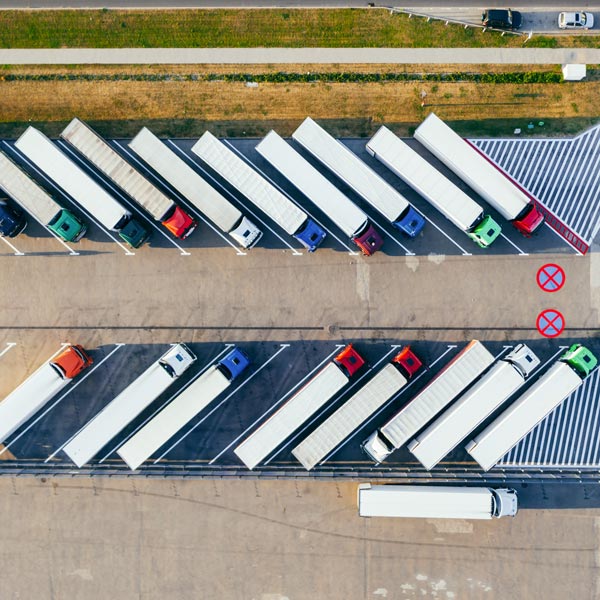Free Trade Zones
The climate for international trade can change, and the future is a bit unclear right now as power and the dynamics of foreign business are shifting. There are, however, certain designations that can help facilitate foreign trade through an easement of import duties and other predetermined benefits.
U.S. Foreign-Trade Zones
The United States of America’s version of a free-trade zone is a foreign-trade zone (FTZ). Foreign-trade zones are areas physically located within the United States of America but are considered outside of U.S. Customs territory. FTZ benefits encourage investment in the U.S. and the creation of American employment opportunities.
There are over 500 foreign-trade and sub-zones in the U.S., and the state of Texas has the largest number of FTZ. Although more than 2,400 companies in the U.S. are designated to obtain FTZ benefits, many more companies are unaware that they may qualify to obtain these revenue-saving benefits.
Benefits
FTZ designation of your company enables your business to defer, reduce or eliminate customs duties and inventory tax on designated merchandise.
Deferral of Duties. Customs duties on imported goods/merchandise are paid only when the merchandise leaves the FTZ. This often provides companies with significant operational cash flow relief.
Elimination of Duties. Customs duties are eliminated entirely on goods/merchandise re-exported either in their original form or as components of finished products produced in the zone. Special rules apply for manufactured goods leaving the U.S. for Canada or Mexico. Duties are also avoided on imported goods/merchandise which becomes defective, damaged, or obsolete. Duty may also be avoided or reduced for waste or scrap.
Inverted Tariff. When goods are manufactured into other products within the FTZ, the importer may elect to pay the duty rate applicable to either the imported part or the finished product, whichever is lower.
Inventory Tax Elimination. Inventory that has either been imported into a zone or is being held in a zone for export is exempt from personal property tax. Unlike Freeport, there is no requirement on goods leaving the state of Texas and how long goods may be kept within a FTZ.
Elimination of Drawback. The duties paid on exported merchandise may be refunded through a process called drawback. Through the use of a FTZ, the need for drawback process and cost may be eliminated.
Quota Alleviation. U.S. quota restrictions do not apply to merchandise admitted to an FTZ. Most merchandise subject to quota may be held in FTZ, even if it is subject to U.S. quota restriction. When the next quota period opens, the merchandise may be shipped into customs territory.
More detailed information about FTZ is available on the U.S. Customs and Border Protection website.
FTZ Designation
If you believe FTZ designation will benefit your U.S. operations, contact the nearest FTZ grantee in your area to learn more about the application process to activate your site.
Ben Ramirez is the Administrator for the Foreign-Trade Zone of Central Texas.

